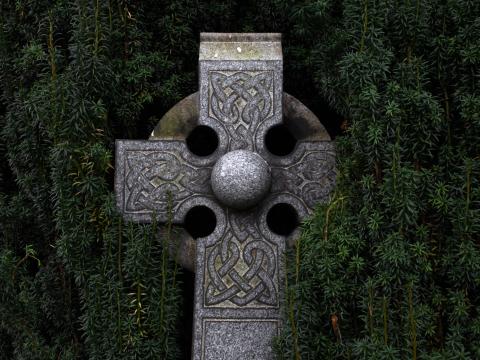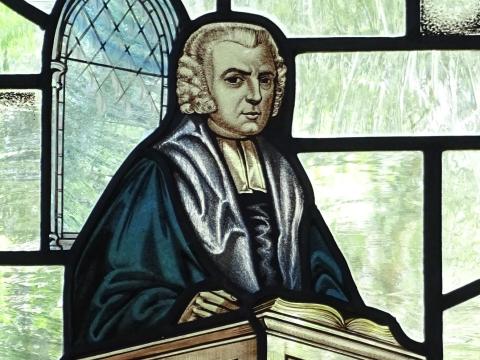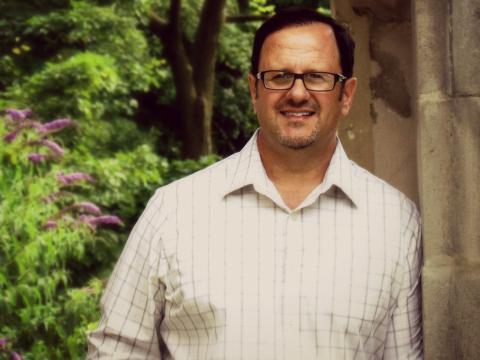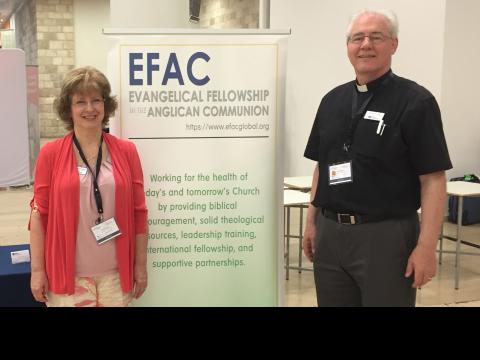The divine purpose of work and leisure
The pandemic has brought forth many questions about how we conduct our lives. We have been forced to re-examine our patterns of living, attitudes, and behaviour and begun to think anew about the very nature of work and its concomitant, recreation, or leisure. We are posing fundamental questions such as: What is leisure? How do we define it? Is leisure the mere absence of work? Is it simply doing nothing and making a deliberate choice to be lazy?
Read more











